Summaries of books about Politics & Social Sciences:
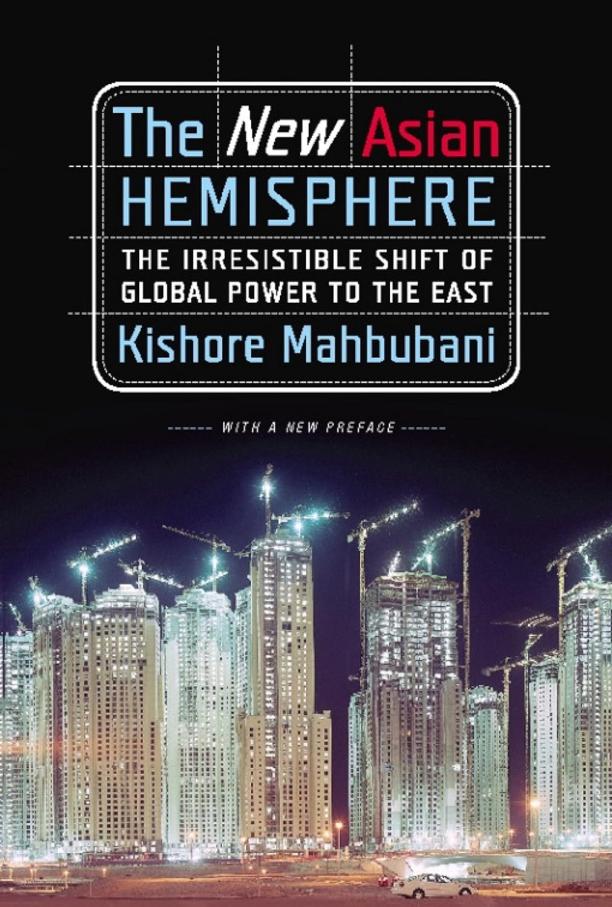
The New Asian Hemisphere
The Irresistible Shift of Global Power to the East
Kishore Mahbubani
The book argues that the economic and political power is shifting towards Asia as countries like China and India experience rapid growth and increased influence on the global stage. It discusses the implications of this power shift for the West and the need for a new understanding of international relations in a world where Asian perspectives are becoming more dominant.
See full summary
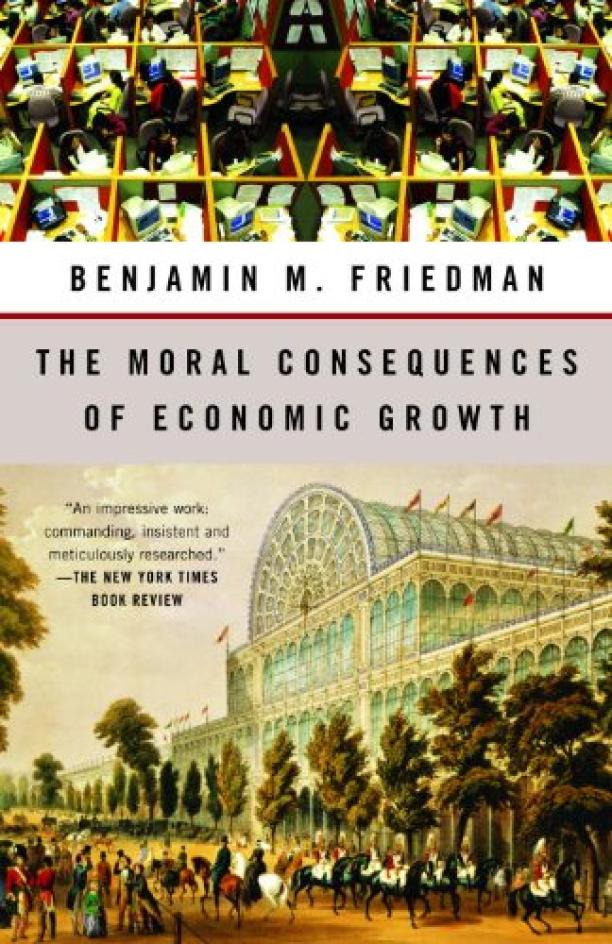
The Moral Consequences of Economic Growth
Benjamin M. Friedman
The book argues that economic growth is essential for fostering greater opportunity, tolerance, and democracy, positing that stagnation leads to societal regression and inequality. It emphasizes the importance of growth not just for material prosperity but also for moral progress and social cohesion.
See full summary
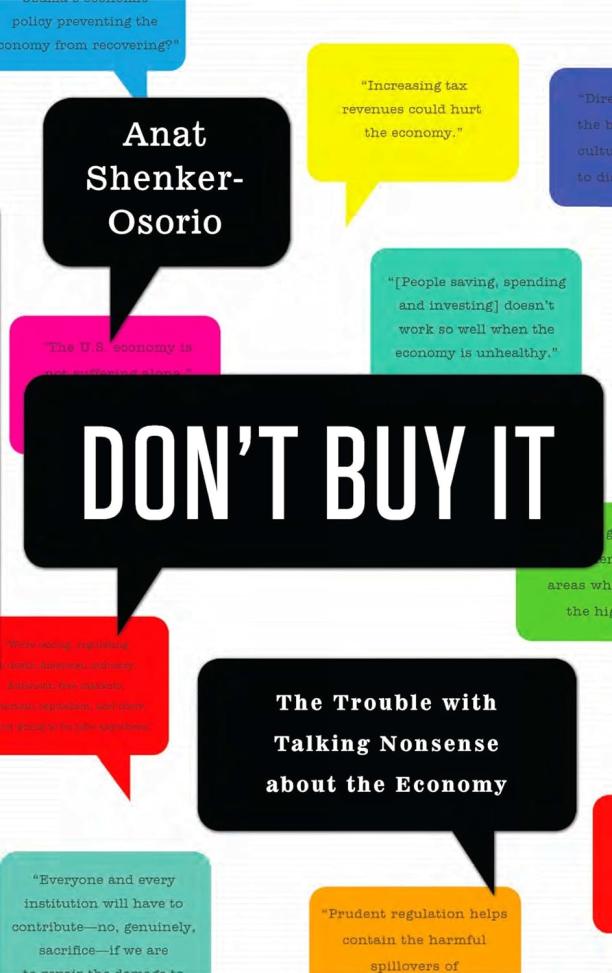
Don't Buy It
The Trouble with Talking Nonsense about the Economy
Anat Shenker-Osorio
The book examines the pitfalls of commonly used economic language and metaphors that mislead public understanding and policy. It advocates for clearer and more accurate communication about economic issues to foster better decision-making and policy development.
See full summary
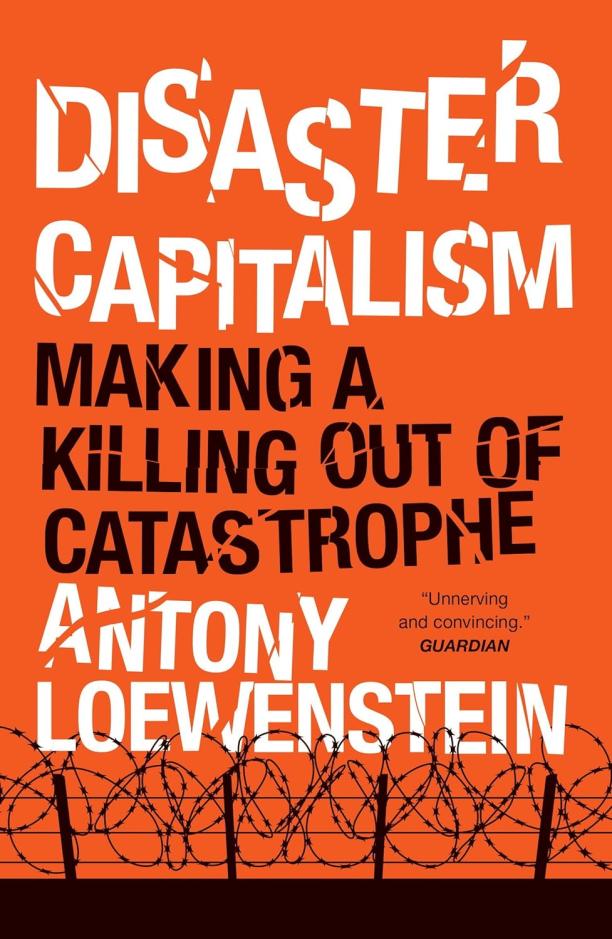
Disaster Capitalism
Making a Killing Out of Catastrophe
Antony Loewenstein
The book investigates how governments, corporations, and investors capitalize on crises and disasters to reap profits, often at the expense of those affected. It explores the privatization of public services, the exploitation of natural resources, and the impact on local populations in the aftermath of wars, natural disasters, and economic collapses.
See full summary
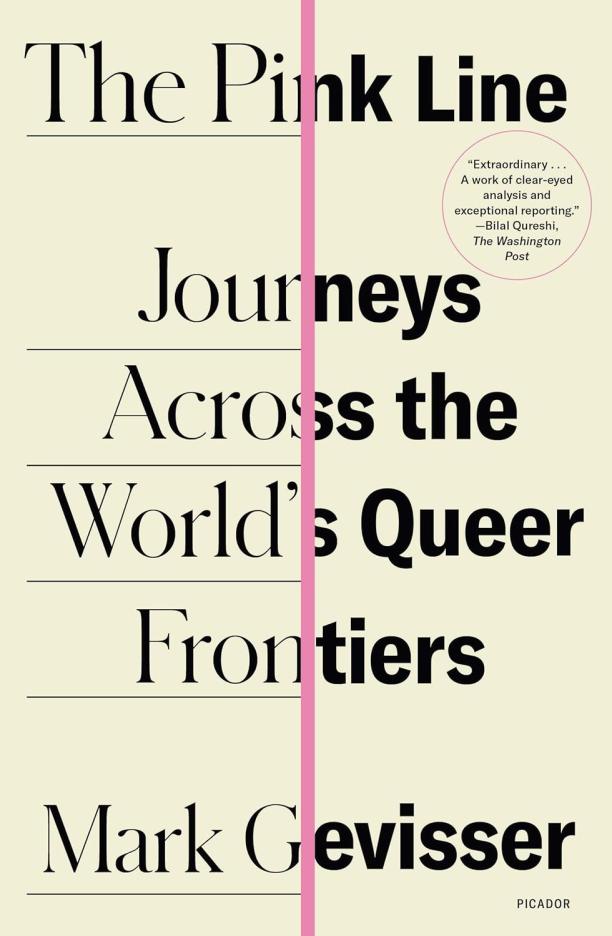
The Pink Line
Journeys Across the World's Queer Frontiers
Mark Gevisser
The book explores the global challenges and experiences of LGBTQ+ individuals, delving into personal stories and legal battles that highlight the shifting boundaries of sexual and gender identity. It examines the cultural and political frontiers that have been drawn by the rise of queer visibility, and the resulting backlash in various parts of the world.
See full summary
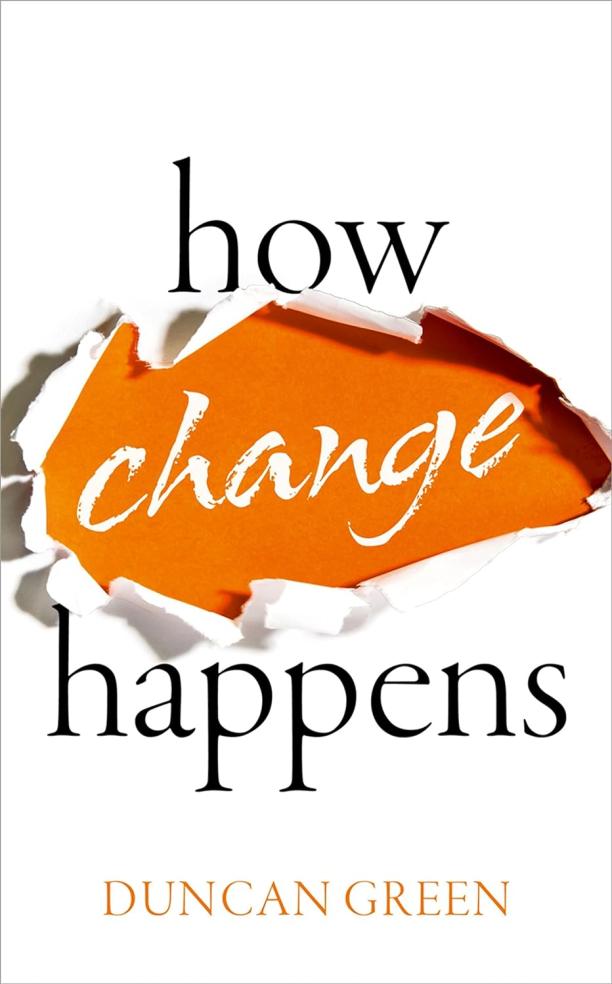
How Change Happens
Duncan Green
The book explores the complexities of social and political change, examining the roles of individuals, institutions, and external factors in driving transformation. It provides insights into the dynamics of power and systems, offering practical advice for activists and policymakers on how to effectively influence change.
See full summary
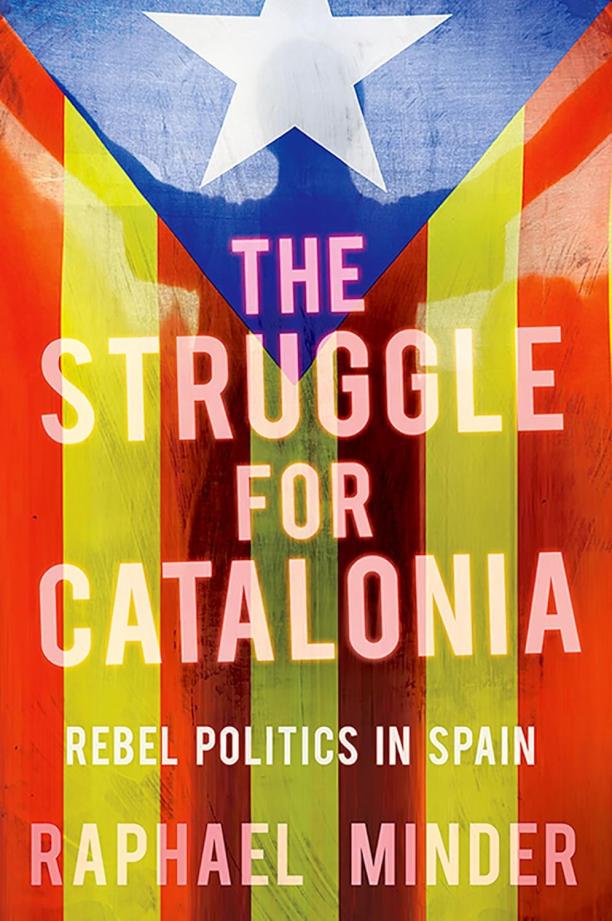
The Struggle for Catalonia
Rebel Politics in Spain
Raphael Minder
The book delves into the historical and contemporary political dynamics of Catalonia's push for independence from Spain, examining the cultural, economic, and social factors that fuel the separatist movement. It provides an in-depth analysis of the key events and figures that shape the ongoing debate over Catalan sovereignty and its implications for the future of Spain and Europe.
See full summary

25 Million Sparks
The Untold Story of Refugee Entrepreneurs
Andrew Leon Hanna
The book chronicles the inspiring journeys of refugee entrepreneurs who have established businesses in the face of adversity, particularly focusing on the bustling entrepreneurial hub within the Za'atari refugee camp in Jordan. It highlights the resilience and innovation of these individuals as they create opportunities and ignite economic sparks amidst challenging circumstances.
See full summary
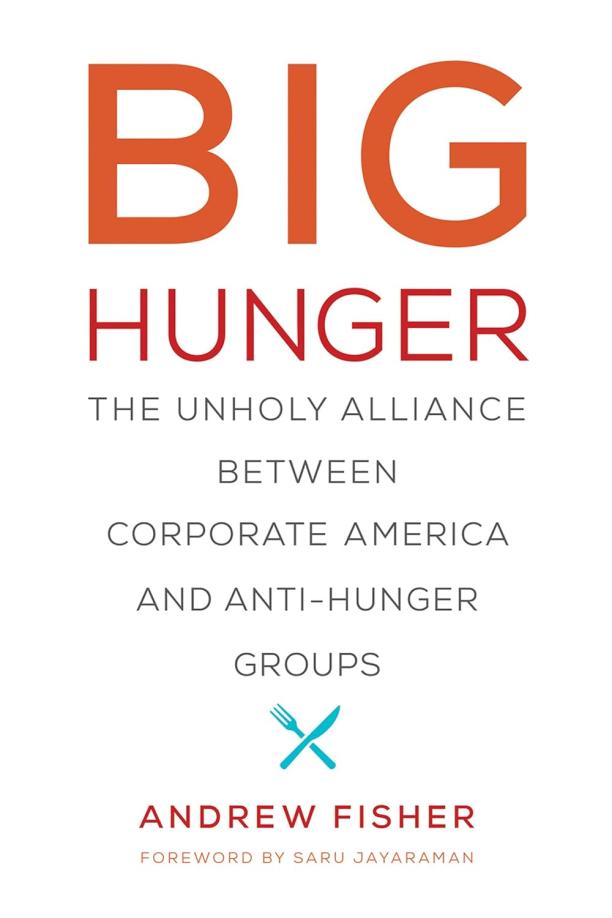
Big Hunger
The Unholy Alliance between Corporate America and Anti-Hunger Groups
Andrew Fisher
The book critically examines the relationship between the anti-hunger industry, particularly food banks and major corporations, arguing that this partnership perpetuates food insecurity rather than solving it. It explores how corporate philanthropy and the influence of agribusiness shape food assistance programs, often at the expense of long-term solutions for hunger and health.
See full summary
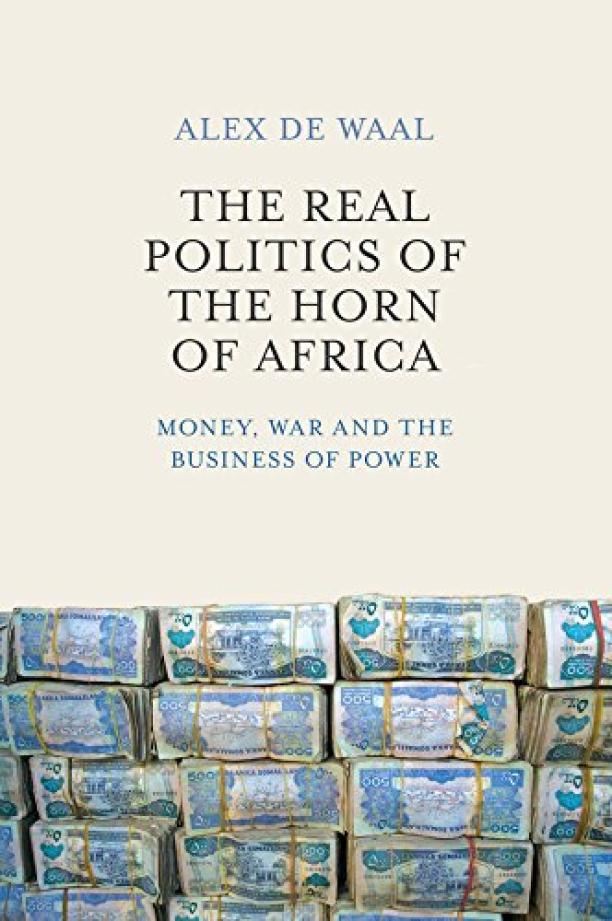
The Real Politics of the Horn of Africa
Money, War and the Business of Power
Alex de Waal
The book delves into the political economy of the Horn of Africa, revealing how a complex web of patronage networks fueled by money and resources underpins the region's persistent conflicts and power struggles. It examines the roles of local and international actors in perpetuating a "political marketplace," where loyalties and allegiances are bought and sold, shaping the dynamics of war and peace.
See full summary